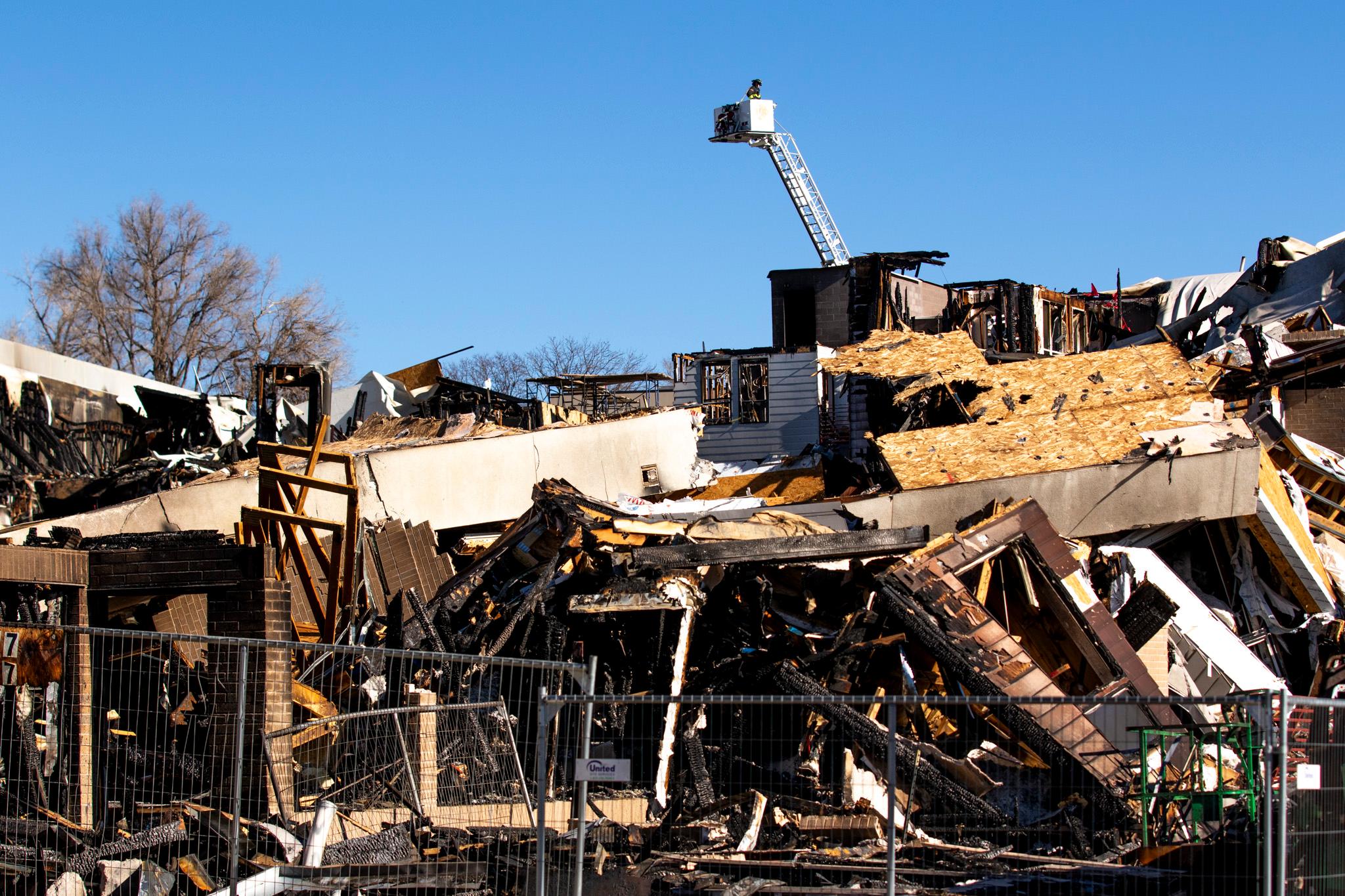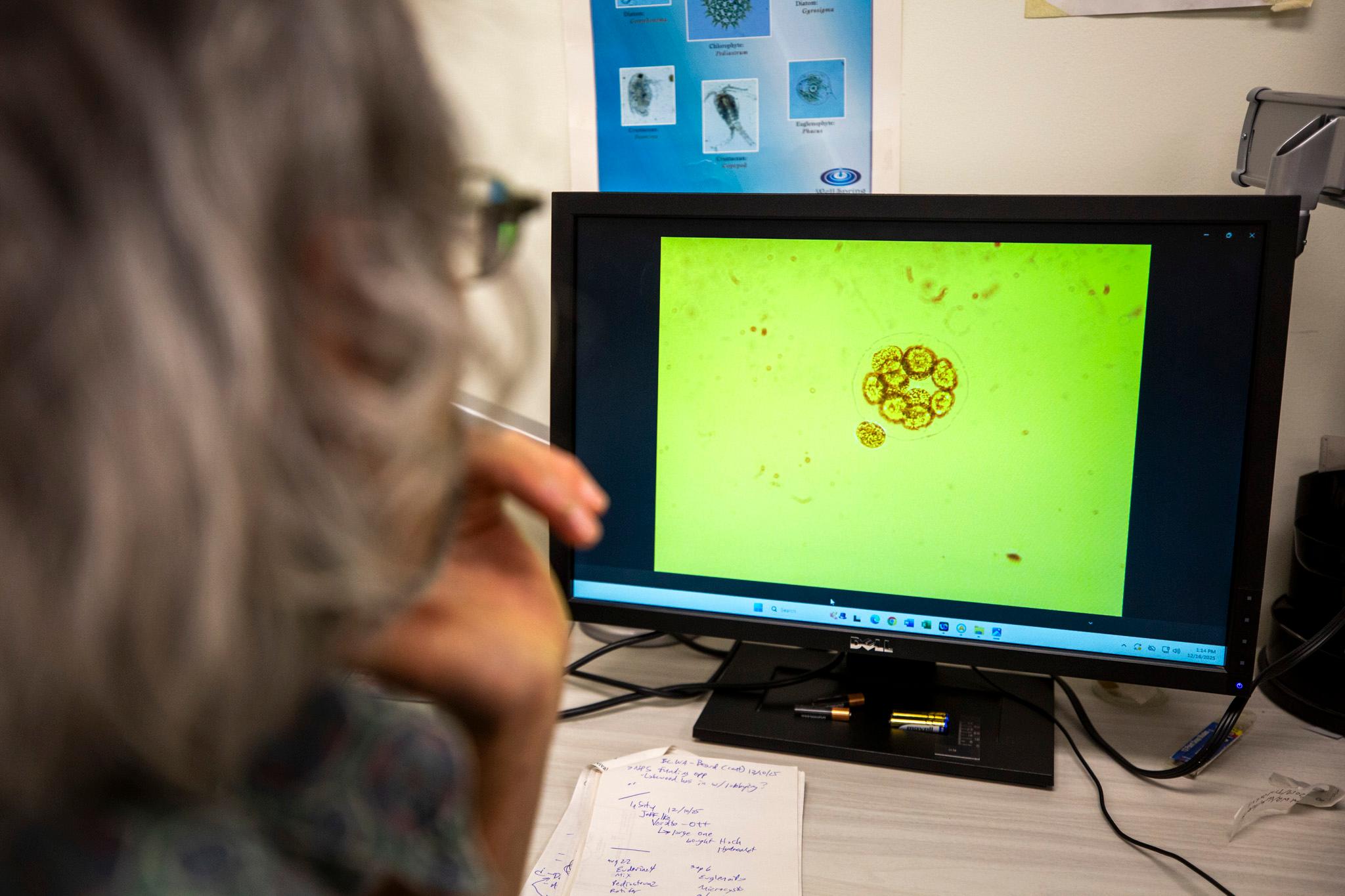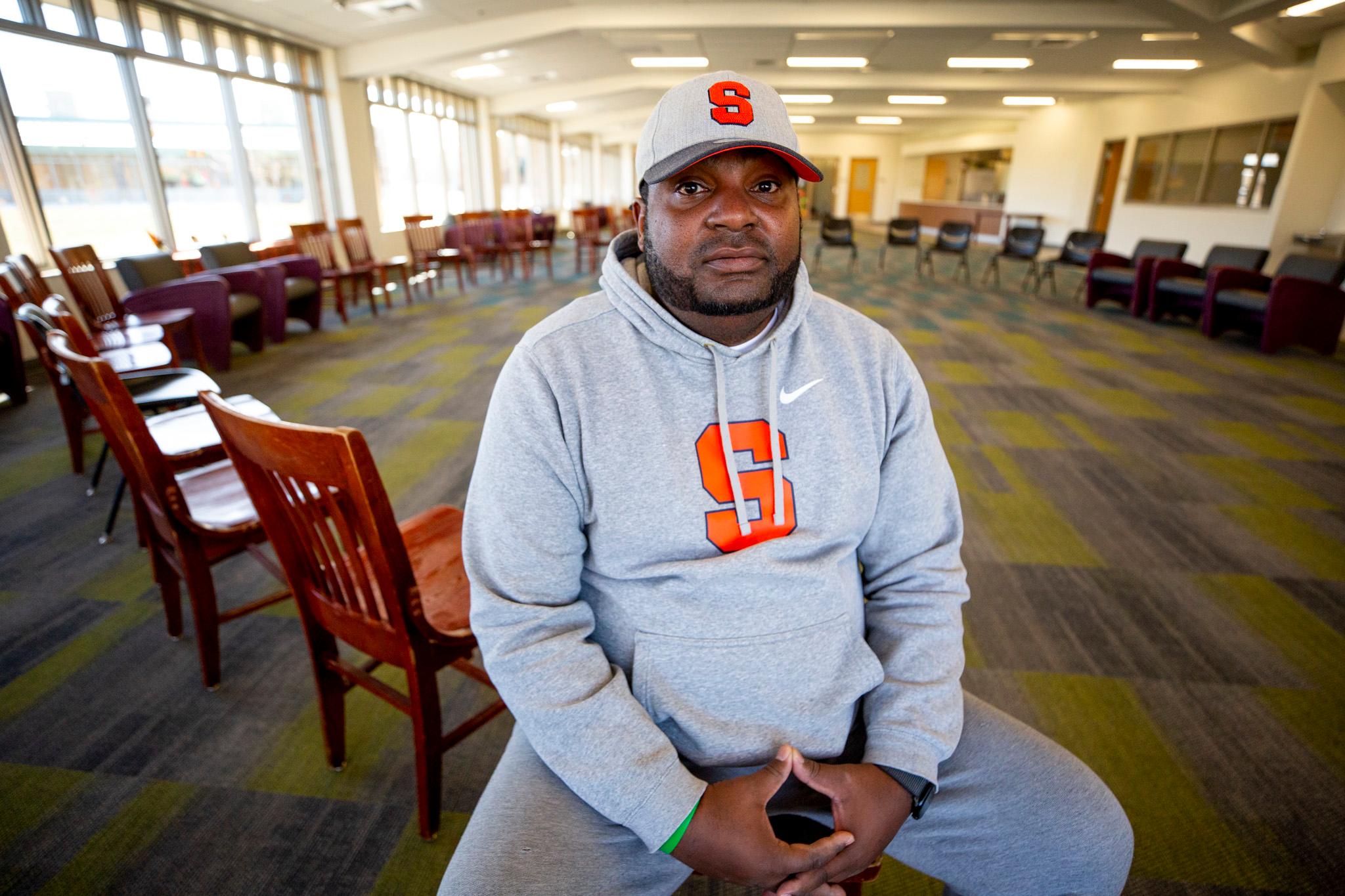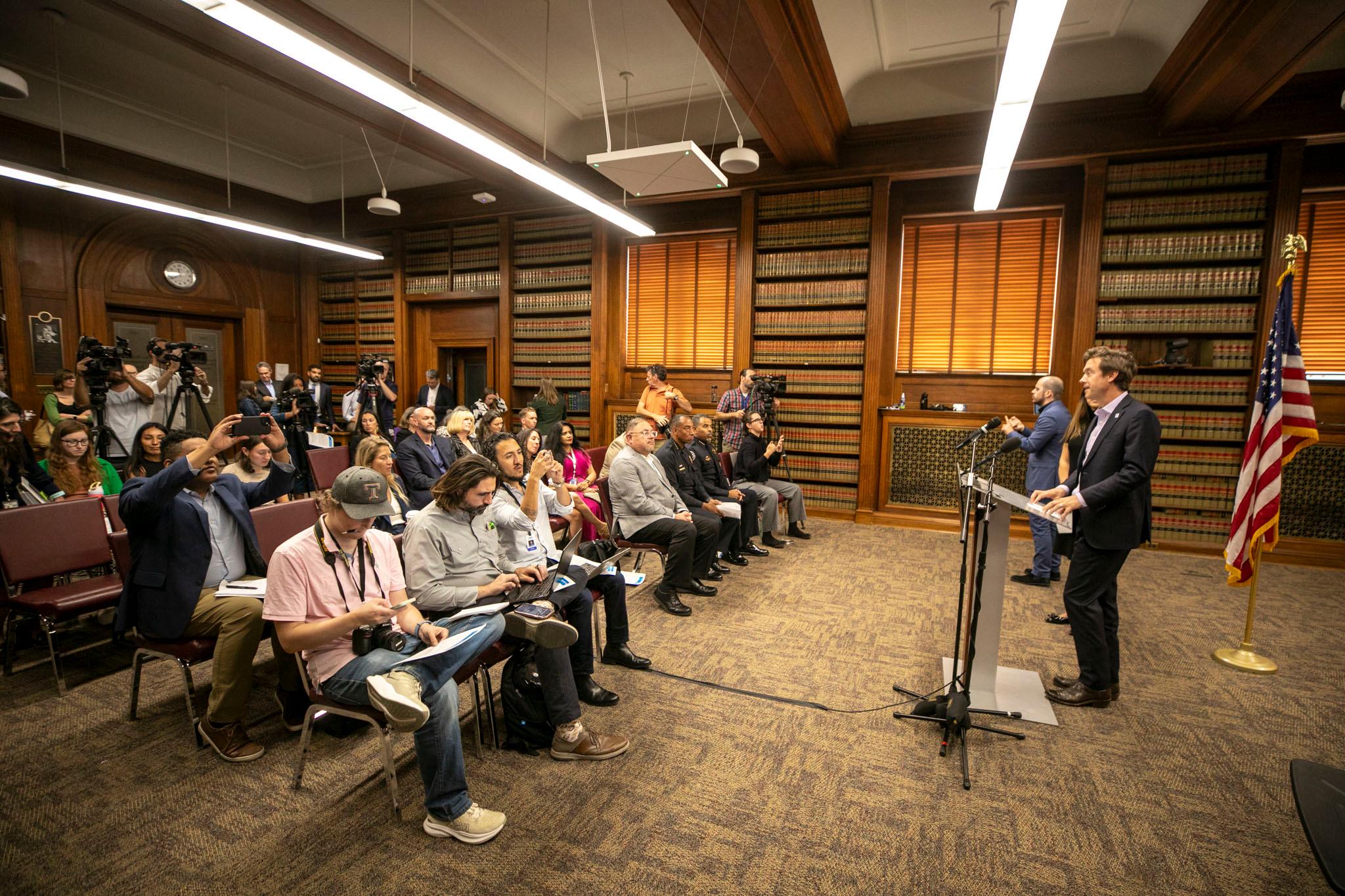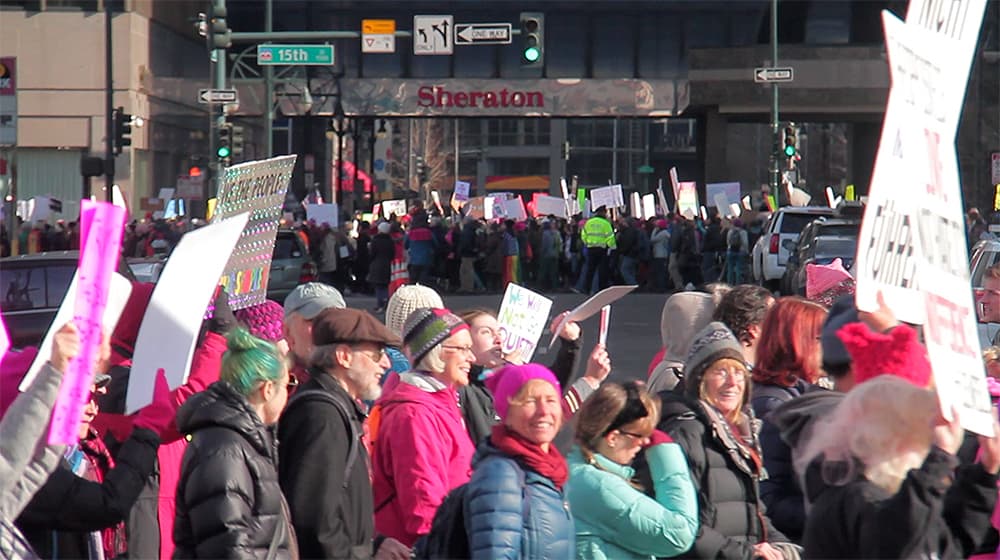
Kevin Trenberth sees a test coming up soon for science under the administration of President Donald Trump. Every four years, the federal government completes a national climate assessment, and the 2016 document, completed under President Barack Obama, will get its final edits until a Trump administration.
The National Academies of Science, Engineering and Medicine recently completed a review of the assessment and signed off on all its major findings. Those findings contradict statements made by top administration officials who downplay the role of human activity in climate change. But there are still rounds of edits before the document is released.
"It will be interesting to see what happens to it when it finally comes out," said Trenberth, a senior scientist at the National Center for Atmospheric Research in Boulder and a lead author of the Intergovernmental Panel on Climate Change reports that shared the 2007 Nobel Peace Prize. "Under Bush, the basic document remained untouched but high-level summaries were reworded and fiddled with and so on."
This is the environment in which thousands of people are expected to take to the streets in Denver this Saturday, April 22, for our local manifestation of the March for Science. After a bit of a lull in rallies and protests, the March for Science comes one week after Tax Day protests that demanded the release of the president's tax returns and will be followed on April 29 by a People's Climate March. It also falls on Earth Day.

Here's the official statement from march organizers about why they're doing this:
“Science benefits and impacts every aspect of humanity including healthcare, technology and the environment. The public depends on peer-reviewed studies to help shape policy for the betterment of future generations. We welcome individuals from all walks of life to join those who embrace science, dedicate their professions to research and value the processes that inform evidence-based inquiry."
Charles Ferrer, a spokesman for the lead organizers, said the march is as much for teachers in K-12 education as it is for researchers in institutions of higher education. It's for anyone who wants to see "evidence-based" be an important criteria in deciding which policies are implemented, not just around environmental matters but also around public health, cybersecurity and a host of other issues.
"In these uncertain times, this will serve as an outlet for those people to come together and make sure they are not overlooked," he said. "... We quite frankly invite anyone who is standing in solidarity with the academic and scientific community to attend. We want to raise awareness about what's going on in the political context of trying to censor scientific data from being disseminated to the public."
Trump doesn't have a science policy advisor yet, and the White House Office of Science and Technology Policy is reportedly nearly empty. Trump's proposed "skinny budget" slashes funding for scientific research and for many regulatory agencies that employ scientists. That has potential economic impacts in Colorado, where federal labs employ thousands of people in basic research and data collection that is used by climate researchers and private business equally.
Trenberth, who is not affiliated with march organizers, said it's still too early to know what the impacts will be.
But it seems likely that funding will be harder to come by.
"Most people have a wait-and-see attitude at the moment," he said. "There is a lot of concern but not panic at the current time. How this plays out is far from clear. It seems like the biggest threat is to things like grant funding. Typically, when an agency gets cut, they have salaries and employees and buildings and electric bills, so the part of the budget that is most easily cut is grants."
Not everyone is pessimistic. Amy Oliver Cooke runs the Energy Policy Center at the Independence Institute and worked on Trump's transition team. Speaking for herself, she felt that the people working on the transition valued science and suggested that up until this point there has been an agenda at work.
"I think anytime there is change people are fearful," she said. "But in this case, I think we all have reason for optimism instead of fear. I believe Americans will see rigorous and transparent scientific analysis, which has been lacking."
Trenberth said he fears long-term damage could be done as promising young scientists, whether undergraduates or post docs or people starting their careers now, choose other fields, go into the private sector or decide to focus on less controversial areas of study.
He also fears a breakdown in what has been a successful partnership between the federal labs and private industry. The data collected by the National Oceanic and Atmospheric Administration and by NASA is used by climate researchers but also by people in forestry and farming and infrastructure planning -- basically anyone who is affected by the weather. And private businesses like Accuweather use that data to make the forecasts we all rely on.
"There is a growing demand from the private sector for information about climate change," he said. "There is a growing recognition that it's happening and has real effects. There are small companies that are starting to tailor products to different sectors, but the base data comes from organizations like NASA and NOAA. ... This has been a very successful public-private partnership, and some of the public parts of that could start to fail."
Ferrer said scientists have sometimes been reluctant to insert themselves in the inherently political world of policy-making. He hopes that going forward after the march, more scientists will feel empowered to be advocates and to share their research with policy-makers and with the public.
"This is an issue that is not going to go away," he said.
Does the march risk making science even more politicized?
That might not be possible.
Ferrer said event organizers reached out to elected officials of both parties, including Colorado's entire Congressional delegation and all members of the Colorado General Assembly. Only Democrats responded, but Ferrer said they would be thrilled if Republicans show up as well.
"This is not in any way a partisan march," he said.
People in Colorado have a lot at stake, starting with where our water will come from in the future, the types of fire risks we'll face, the vicious cycles of drought and flood and the fate of the lands that support our recreational industry.
Trenberth said being a scientist can be fun, like being a detective following clues to solve the case, and there is personal satisfaction in uncovering answers, writing a paper, getting it published. But it's about a lot more than that.
"The thing about being a climate scientist is that what you do actually matters," he said. "A lot of people can make use of what we learn. We're creating information that is valuable and can be acted on to better the well-being of everyone. It's for the public good. This is why we have taxes and things like that, for the public good. I wonder who is speaking out for the public good?"
Want to go? Here are the logistics:
Marchers should gather in Civic Center Park in the Greek amphitheater by 10 a.m. Saturday. The route through downtown will be the same as the Women's March and return to Civic Center Park for a rally that should conclude by 2 p.m.
The route is wheelchair-accessible, and there will be ADA-compliant portable toilets. The speakers will have sign language interpreters.
Organizers are expecting about 15,000 people to show up. Parking will be as one might expect for a large event downtown and taking bus or light rail is recommended.
Scheduled speakers come from a range of scientific specialties and include Gov. John Hickenlooper (a geologist before he was a brewpub operator turned politician), Mike Nelson, the chief meteorologist from ABC7, Kevin Fitzgerald, staff veterinarian at the Alameda East Veterinary Hospital, Lupita Montoya, an engineering professor at the University of Colorado, Erin MacDonald, space science communicator from World Space Week, and Jennifer Ackerfield, assistant curator at the Colorado State University Herbarium.
If you're looking for the after-party, there's a concert with local bands at Skylark, 140 S. Broadway, at 3 p.m. to benefit the Union of Concerned Scientists. Suggested donation is $5.
If you just want to know "What's with the weird weather?" Trenberth is giving a talk at the Denver Public Library at 4 p.m. Wednesday on that topic.

